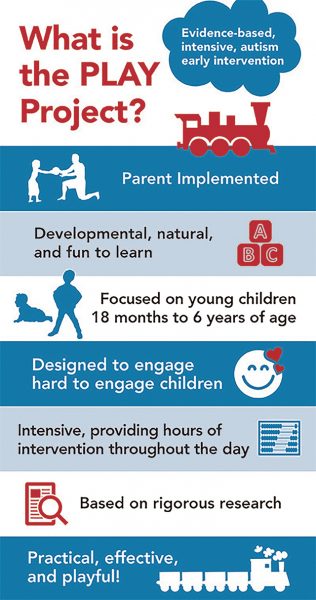 Families looking for resources to support special needs can reach out to the Military & Family Readiness Center to use the Exceptional Family Member Program. This program is designed to protect federal entitlements and military benefits of special needs family members.
Families looking for resources to support special needs can reach out to the Military & Family Readiness Center to use the Exceptional Family Member Program. This program is designed to protect federal entitlements and military benefits of special needs family members.
EFMP-Family Support, EFMP-Medical and EFMP-Assignments fall under this program. The Family Support function provides referrals, parent education, information and recreational events. Medical function provides identification, enrollment and clearance to ensure appropriate medical and education services available to family members before they move to their new duty station.
Josephine Rollyson, EFMP-Medical Red Cross volunteer, explained that the EFMP acts as a “trifecta” of support focusing on medical assistance, professional career growth and Air Force needs when choosing assignments for military service members.
“All of these things are considered when moving families to ensure proper support for everyone involved,” said Rollyson. “It comes down to quality of life for the dependents, military members and the military itself.”
Additionally, the Developmental Behavioral Family Readiness Center was created to aid military families for regional support and the Air Force adopted the Play and Language for Autistic Youngsters Project as an additional support program.
The team is composed of developmental specialists for children. The members include a nurse care coordinator, developmental pediatrician, pediatric psychologist and clinical social worker acting as a play project coordinator.
U.S. Air Force Capt. Neill Groeper, 86th Medical Group DBFRC nurse care coordinator, explained that the DBFRC was developed to provide families with tools to aid in the development and growth of their children. The Air Force created the concept to use Ramstein as a hub within Europe to best support families enrolled in EFMP.
“The program’s goal is to enable family members to stay overseas,” Groeper said. “Normally, if a child was diagnosed with a spectrum disorder, they would be returned back to the states to receive proper medical care for their family member.”
To access these services, families must speak to their primary care providers.
“Primary care providers are able to work with families and provide them with information and referrals needed to ensure proper care is provided,” Groeper said.
The M&FRC has been supporting military members and their families through 13 core programs offering workshops, special events and one-on-one consultations. To learn more about these programs, call the M&FRC at DSN: 480-5100 or CIV: 06371-47-5100.
*Editor’s note: This is three of four in a series about resources provided by the Military & Family Readiness Center at Ramstein Air Base.


